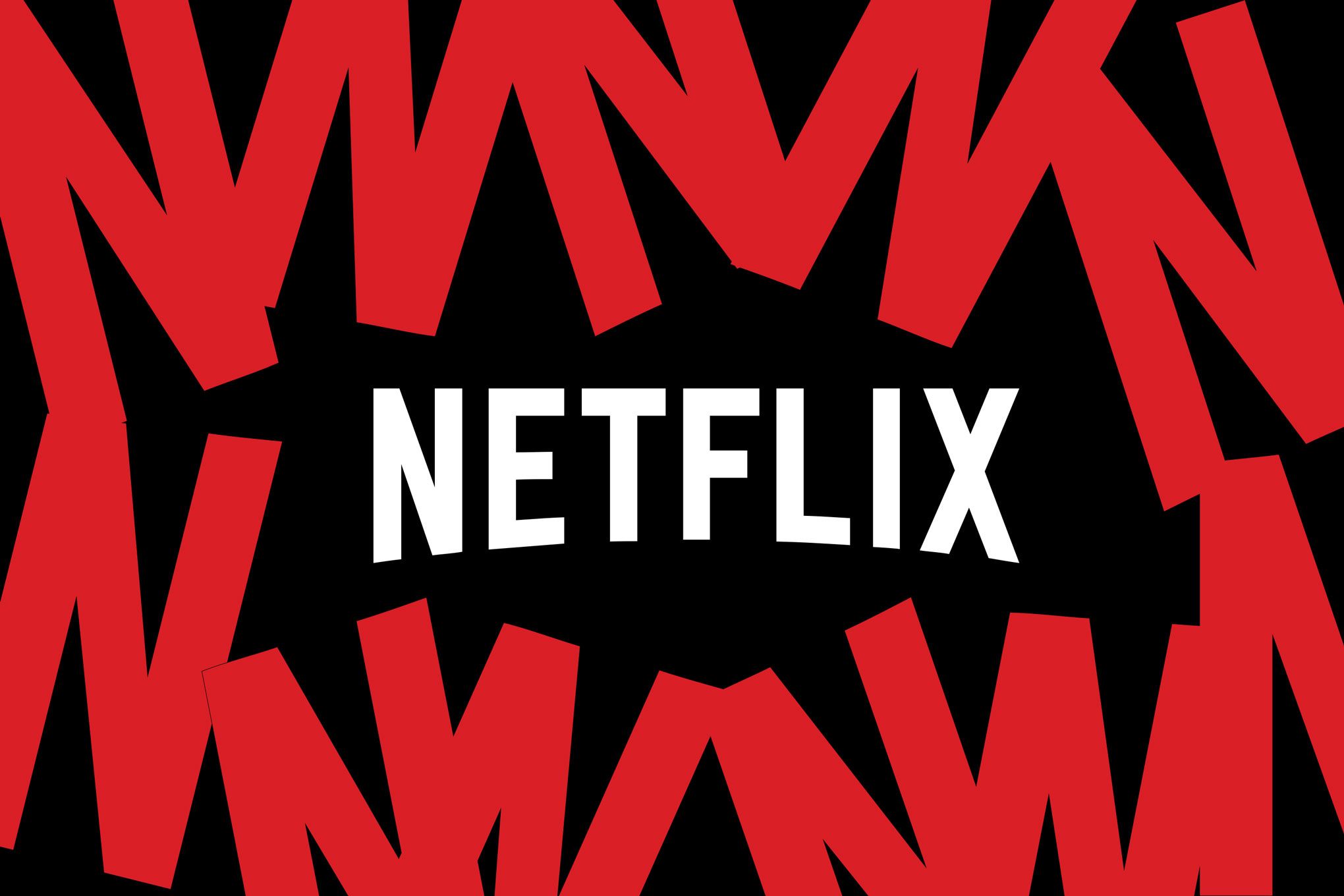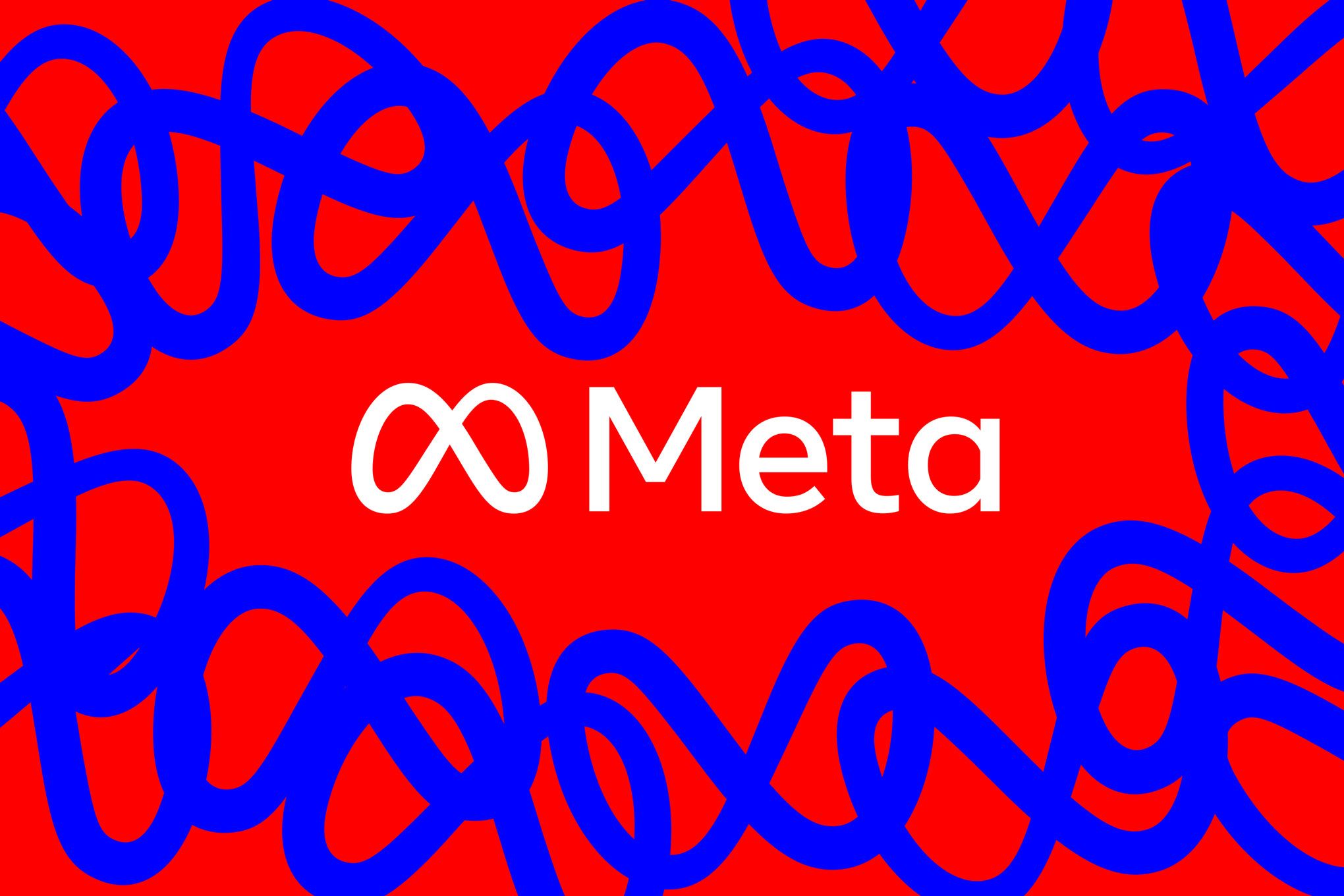Netflix just issued comprehensive AI guidelines for production partners after facing intense backlash over What Jennifer Did, a true crime documentary that used AI-generated images instead of real archival photos. The streaming giant's new five-point framework requires partners to disclose AI usage and get approval for any content involving talent likenesses or final deliverables, signaling a major shift toward responsible AI governance in entertainment.
Netflix is scrambling to contain the fallout from its AI missteps. The streaming behemoth just published comprehensive AI guidelines for production partners after facing withering criticism over What Jennifer Did, a 2024 true crime documentary that used AI-generated images instead of real archival photos. The documentary became a lightning rod for concerns about AI's ability to distort reality precisely when audiences expect truth.
The timing isn't coincidental. Netflix co-CEO Ted Sarandos recently told The Hollywood Reporter that the company remains "convinced that AI represents an incredible opportunity to help creators make films and series better, not just cheaper." Just weeks later, Sarandos began promoting Netflix's new Argentinian sci-fi series The Eternaut as proof that generative AI could slash production budgets. Now the company faces the delicate balance of embracing cost-cutting AI while maintaining audience trust.
"To support global productions and stay aligned with best practices, we expect all production partners to share any intended use of GenAI with their Netflix contact," the new policy states. The guidelines represent entertainment's most detailed AI framework yet, requiring partners to navigate five specific guardrails before deploying generative tools.












